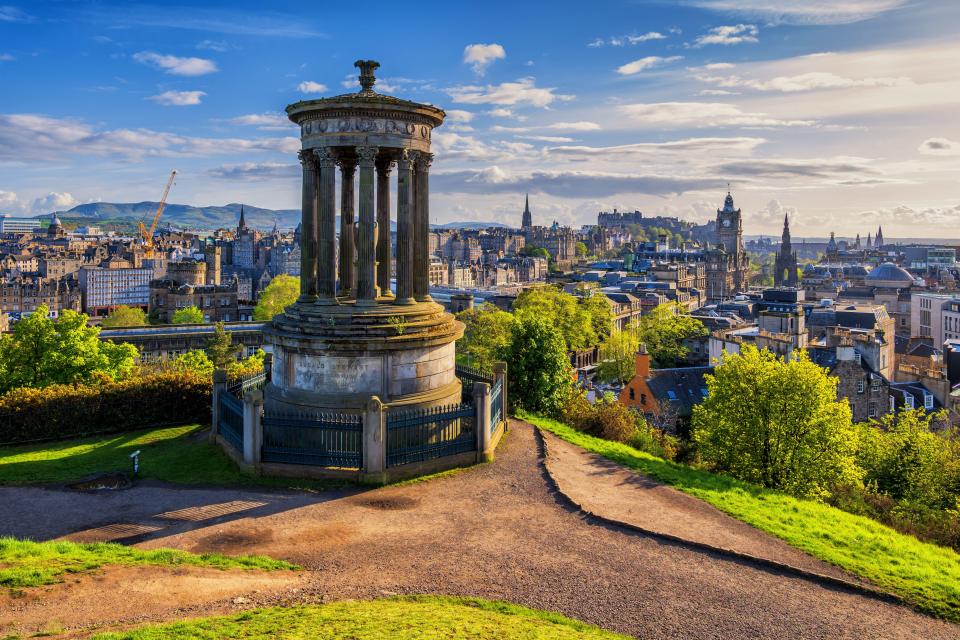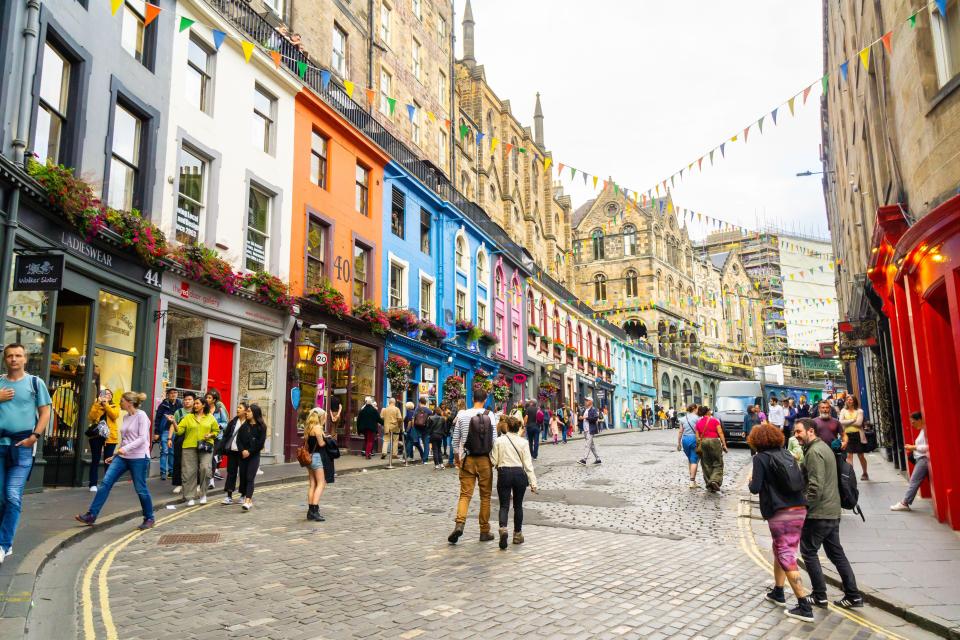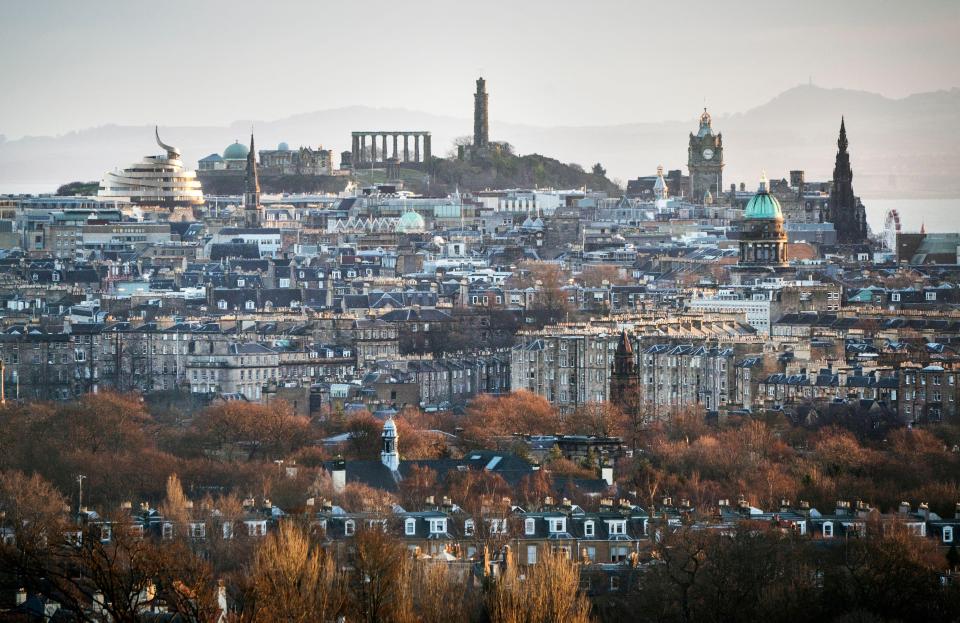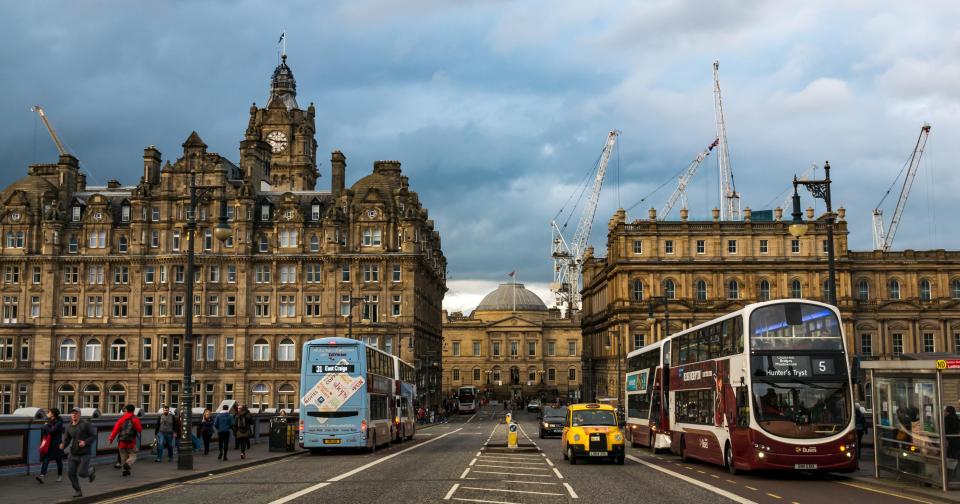A MAJOR British city has become the latest destination to reveal plans for a new tourist tax amid hopes of raising up to £50million a year.
Similar to those currently imposed in popular tourist destinations, the fee includes self-catering accommodation, hotels, B&Bs, as well as rooms and properties rented out via services like Airbnb.
With revenues going towards improvements to the capital, Edinburgh will now be the first city in Scotland to impose a transient visitor levy (TVL) on visits.
The town council’s policy and sustainability committee met and voted in favour of the draft proposals.
But opponents of the idea claimed it would prevent tourists to the city and could impair Edinburgh’s appeal as a tourist destination.
Residents will be invited to weigh in on whether the 5% fee presented in the original proposal should be increased or decreased during a 12-week consultation session that will begin in the autumn.
The extra tax is expected to be implemented in time for the 2026 festival season, although the Scottish Greens suggested increasing it to 8%.
Edinburgh will now be in line with places like Amsterdam, Berlin, and New York thanks to the charge.
Public places would be improved with the help of tax revenue.
Of that, £5 million, according to council leader Cammy Day, would go towards housing, with 35% returning to the arts industry.
The SNP group in the council moved to raise that amount to £20million, but their proposal was turned down.
Mr. Day stated that the fee would have a “huge benefit” for the city and expressed uncertainty that its high cost would deter any prospective tourists.
He told BBC Radio’s Good Morning Scotland: “It’s equivalent of a few pounds worth of a cup of coffee.
“The evidence that we’ve done and research from across the world shows a levy has no impact on tourism.
“People don’t come here to see the insides of hotel rooms, people come here to see the world heritage centre, the castle, the palace, the hills, the sea around the city, the amazing capital that we are.
“I can’t see a few pounds putting somebody off visiting the city.
“If you can afford to spend hundreds of pounds on a hotel room, you can afford a few pounds to support the city that you are visiting.”
In October of last year, Edinburgh implemented new rules for AirBnB-style properties in an effort to slow down the growth of short-term rental accommodations.
If a host rents out their house for a shorter period of time, they risk getting slapped with a whopping fine of up to £2,500.
In November 2023, the city council issued a housing emergency proclamation as a result of the record number of people identifying as homeless combined with rapidly rising rental and home costs.
Edinburgh receives an estimated 5.3 million overnight visits from tourists each year.
However, already pricey hotel costs skyrocket during August’s festival season, and concertgoers who came to Murrayfield earlier this year to see Taylor Swift‘s three sold-out gigs reported seeing prices for single-night stays surge.
According to Leon Thompson, executive director of UK Hospitality Scotland, visitors will be assessed an extra fee on top of that rate.
He added that firms would suffer even more from the higher implementation and administrative costs.
Mr Thompson told the BBC: “Tourist taxes are not good for this country.
“We are already not a very competitive destination.
“We have the highest rate of VAT on hospitality in Europe and we also have outdated business rates which all add to the costs for businesses and obviously those costs are which go on to the visitor experience.”
In 2019, the first suggestions for an Edinburgh tourist tax were made.
But it wasn’t until May 2023 that legislation granting local governments the authority to impose the charge was released.
The plans will be decided upon in full in January 2025, and the strategy will be put into action by July 2026.
Cruise ships might be included in a later phase of the measure.



